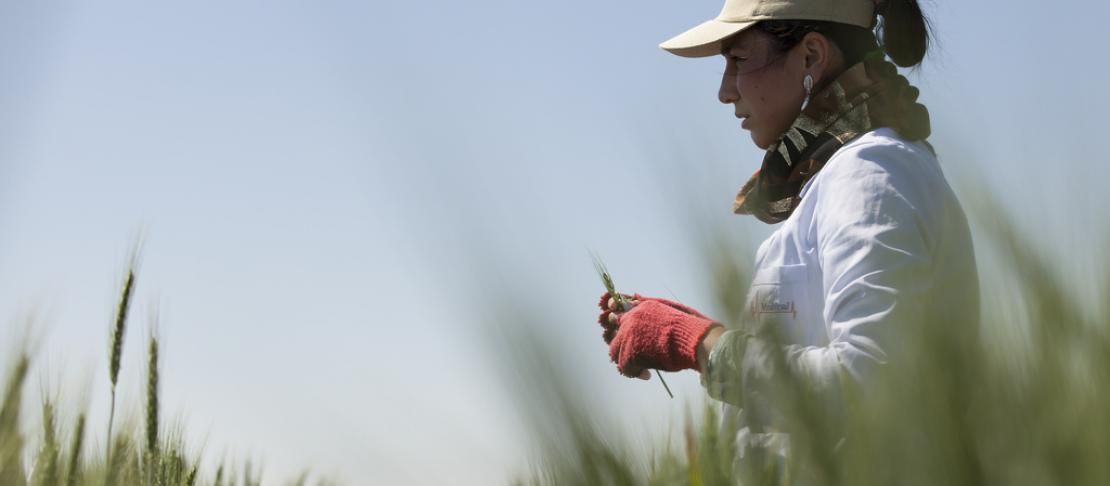OECD uses IMPACT model for climate-smart agriculture strategies

Summary
The research was implemented in collaboration with the International Food Policy Research Institute (IFPRI).
The Organisation for Economic Co-operation and Development (OECD) has a mission to promote policies that improve economic and social well-being around the world. In 2014 the OECD used a model developed by the International Food Policy Research Institute (IFPRI) as part of a project supported by CCAFS to create sophisticated projections of agricultural commodities and trade.
The International Model for Policy Analysis of Agricultural Commodities and Trade (IMPACT) models the interactions between global food supply and trends in demand, trade, income and population growth, and water basin management. Using IMPACT, researchers have estimated the amount of investment necessary to develop new varieties of wheat and maize and improve irrigation technologies in OECD member countries. As very few estimates of adaptation costs had been produced prior to this work, it represents a valuable step forward.
IMPACT simulations indicate that, by 2050, the prices of agricultural commodities will be higher than current levels. Annual adaptation costs, specifically for agricultural research and development and improved irrigation technology, could amount to USD 20 billion for OECD countries.
Researchers trained OECD staff to use IMPACT. Staff from the two organizations also conducted joint analysis, using the OECD’s own data, and worked together on publications exploring the effects of climate change and adaptation on agriculture, such as a report analysing the effects of expanding irrigation in the OECD region.
Based on the success of the collaboration in 2014, the OECD is planning further work with IFPRI in 2015—benefitting the development of climate-smart agriculture in OECD member countries.
Key facts
- In 2014, the OECD employed the IFPRI IMPACT model to create advanced projections pertaining to the interactions between global food supply, and trends in demand, trade, income, population growth, and water basin management.
- Using IMPACT, researchers have estimated the amount of investment necessary to develop new varieties of wheat and maize and improve irrigation technologies in OECD member countries.
- IMPACT simulations indicate that agricultural commodity prices will grow by 2050, meaning yearly adaptation costs for agricultural research and development and improved irrigation technology in OECD countries could reach USD 20 billion.
Lessons: key elements of success
- Combining the expertise of IFPRI and the OECD resulted in state-of-the-art modelling, and contributed to highly relevant policy analysis.
- As few estimates of adaptation costs exist, this analysis helps fill a key knowledge gap needed for addressing the negative impacts of climate change.
Further reading
Related research outputs
- Ignaciuk A, Mason-D’Croz D. 2014. Modelling Adaptation to Climate Change in Agriculture. Paris, France: OECD Food, Agriculture and Fisheries Papers, No. 70. OECD Publishing.